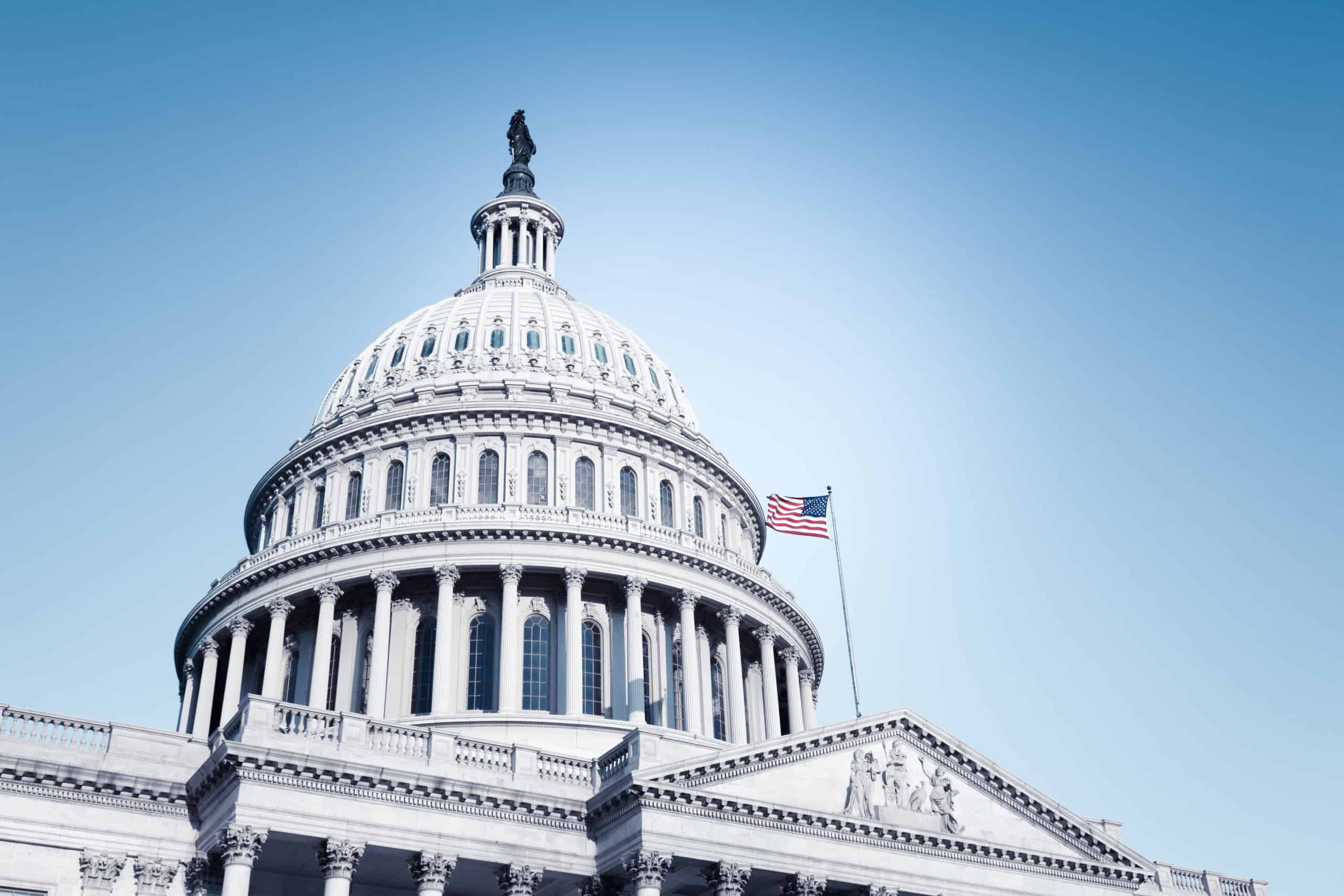A brighter climate future is here. On August 16, US President Joe Biden signed the Inflation Reduction Act, which includes USD$369bn in climate change and clean energy investments. That’s the most the US government has ever spent to address global warming.
Expert analysis shows the legislation should cut US emissions by around 40% by 2030, relative to a 2005 baseline. That’s within striking distance of President Biden’s 50% to 52% target and represents an annual emissions cut of around one billion metric tons of CO2.
How the law will green the US economy
The US’s rapid decarbonization will be achieved through the Act’s billions of dollars in spending for clean technology, renewable energy, and green infrastructure. Businesses of all shapes and sizes will be able to capitalize on the climate opportunities that the law unlocks, while fledgling green industries will be empowered to grow at an unprecedented pace. Here are just a few of the legislation’s climate provisions:
- USD$30bn of production tax credits to facilitate investment in the domestic manufacture of solar panels, wind turbines, batteries, and critical minerals
- USD$27bn for the Greenhouse Gas Reduction Fund, which will support the rapid implementation of low- and zero-emissions products, technologies, and services
- USD$9bn to support energy-efficient retrofits and the electrification of home appliances in low-income households
- USD$6bn for the new Advanced Industrial Facilities Deployment Program, which will incentivize industrial manufacturing businesses to lower their emissions
- USD$3bn in environmental and climate justice block grants to invest in community-led projects in disadvantaged communities
- USD$7,500 of tax credits for buyers of new zero-emissions vehicles (ZEVs) and credits of up to USD$4,000 for buyers of second-hand ZEVs
How businesses will benefit
Through the Inflation Reduction Act, US startups, small businesses, and big corporations should be able to access financing to develop and implement new climate solutions at scale. These include technologies like direct air capture machines, which suck carbon out of the atmosphere to be sequestered or recycled, and green hydrogen, a clean fuel made using renewable energy and water.
Long-established industries also stand to benefit from the legislation. US automakers will be able to apply for government loans to set up ZEV factories and tap into USD$2bn in grants to upgrade their existing plants. Real estate companies will be able to take advantage of tax credits if they retrofit their properties to be more energy-efficient and install solar panels on their roofs.
The Act has plenty of goodies for carbon-intensive firms, too. Mining companies that unearth essential minerals for renewable energy storage and ZEV batteries will be able to write off 10% of the costs of their operations. Even oil and gas companies have new incentives to support the low-carbon transition, as they will be paid to either remove carbon from the atmosphere or use it to power increased oil production.
Perhaps the Act’s most consequential impact will be making financing climate-friendly activities a safer bet for private financial institutions. On top of the USD$369bn in direct climate spending, the law also authorizes the US Department of Energy to issue up to USD$250bn of loan guarantees to help finance clean energy initiatives. These guarantees should sharply reduce financial institutions’ risks of lending to untried and untested green companies, making them more attractive investments. In addition, the Act’s public subsidies and tax credits for clean energy companies should make many of them more profitable and better targets for long-term financing from investors.
How Manifest Climate can help
Now that the Inflation Reduction Act is law, all sorts of climate opportunities are up for grabs, although keeping track of them can be challenging. This is where Manifest Climate can help. Our Climate Risk Planning solution includes a library of daily climate trend articles that provide clients with decision-useful insights for businesses. We help your company stay abreast of climate policy updates around the world and provide the latest developments on climate risk management, litigation, regulation, and more. Request a demo to learn more.

